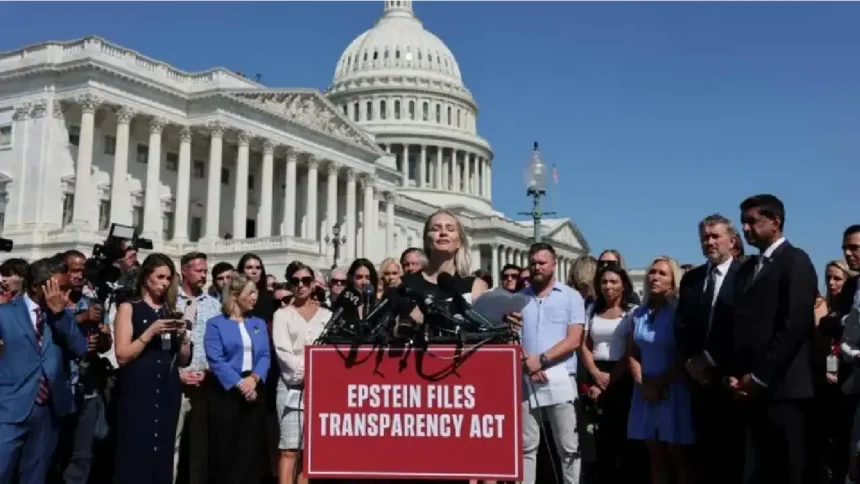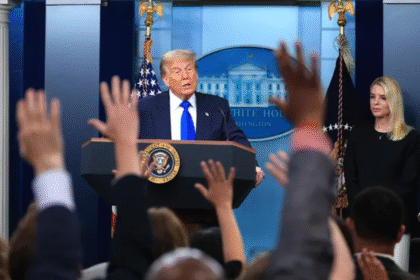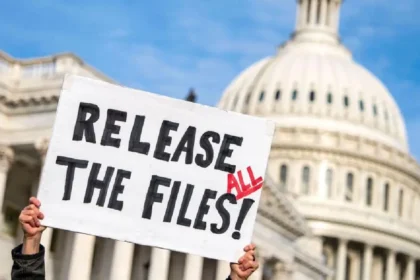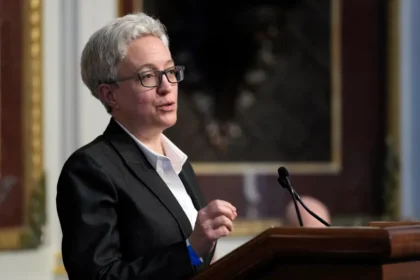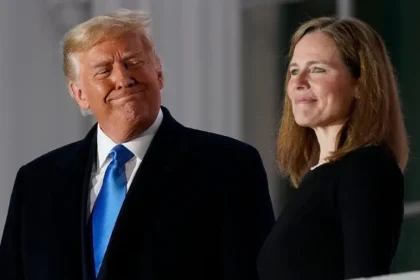In the years since Jeffrey Epstein’s death, the world has watched a steady stream of documents, court cases, and speculation unfold around one of the most infamous sex-trafficking scandals in modern history. Yet despite numerous investigations, survivors of Epstein’s abuse say that the truth is still far from being fully exposed. Now, a determined group of women—many of them survivors themselves—are stepping forward with a bold plan. They call themselves a sisterhood, united by trauma and resilience, and they’re ready to make their own Epstein list.
For these women, the time for silence has ended. They believe that too many names, too many details, and too many connections remain hidden. While law enforcement agencies, congressional committees, and journalists have spent years probing the case, survivors say the public still does not know the full extent of Epstein’s network. Their goal is not revenge, but accountability. They want to shed light on every person who played a role—directly or indirectly—in enabling Epstein’s crimes.
The initiative began as a conversation among survivors who felt frustrated by what they view as government inaction. Many of them had testified, submitted evidence, and cooperated with authorities, only to see investigations stall or critical information redacted. In their view, justice has been selective. The official “Epstein list” that the public has long speculated about—containing the names of his associates, clients, and facilitators—has yet to be released in full. The sisterhood has decided to take matters into their own hands.
Their plan is simple but powerful: to gather information from those who lived it. Survivors have long shared stories with one another in private, comparing experiences and identifying patterns. Now, they aim to compile that collective knowledge into a comprehensive record—a list that includes individuals alleged to have participated in, financed, or covered up Epstein’s trafficking network. While not every name may be made public, the women say the list will serve as both documentation and pressure. It is their way of saying, “We know who you are, and we are not afraid to speak.”
The decision to move forward with such a project has not come lightly. Many of these women have already endured years of intimidation, victim-blaming, and disbelief. Yet they also recognize the power of unity. What was once private pain has become a shared purpose. Together, they believe they can confront a system that too often protects the powerful at the expense of the vulnerable.
Legal experts have warned that the creation of a public list carries risks. Accusing individuals without sufficient evidence could invite defamation suits and further legal challenges. The survivors’ group acknowledges these concerns and says they are working carefully to verify every detail they include. Their goal, they emphasize, is not to sensationalize but to seek truth. They want to ensure that every name included is backed by firsthand accounts, corroborating evidence, or clear links to Epstein’s operations.
The broader significance of this movement goes beyond the Epstein case itself. It represents a cultural shift in how survivors of sexual abuse and trafficking claim agency. For decades, survivors have relied on institutions—courts, law enforcement, and media—to tell their stories and deliver justice. This new sisterhood reflects a growing realization that those same systems can be slow, biased, or easily influenced. By taking control of their own narrative, these women are redefining what justice looks like.
Their actions also highlight a deep frustration with how society handles the crimes of the wealthy and powerful. Epstein’s network reached into elite circles—business magnates, politicians, royals, and celebrities. Despite mounting evidence of his connections, few of those figures have faced serious scrutiny or charges. For survivors, that imbalance is intolerable. The sisterhood’s project is their way of correcting the record—of ensuring history doesn’t quietly forget the names that should never have been protected.
Public reaction to the idea of a survivor-led list has been mixed. Many people see it as an act of courage, a necessary step in the fight for transparency. Others fear it could become a tool of accusation without due process. But even critics admit that the survivors’ persistence keeps the conversation alive, forcing society to confront questions about power, privilege, and complicity.
Behind the headlines and controversy, however, lies something deeply human: solidarity. These women have endured trauma that once silenced them, yet they are now using that shared pain as fuel. The list they are building is not just a document—it’s a declaration of strength. It is their way of reclaiming control from the system that once failed them, of turning whispers into testimony and fear into force.
Whether or not their list ever becomes public, the very act of creating it is transformative. It shows that survivors are no longer waiting for permission to seek justice. They are speaking on their own terms, united by purpose, bound by truth, and driven by the belief that silence protects the guilty.
As one survivor put it at a recent gathering, “They had their lists. They had their secrets. Now, it’s our turn.”
This sisterhood is not just rewriting the narrative of the Epstein case—they’re rewriting what it means to survive, to fight, and to be heard. In doing so, they’re sending a clear message to those who enabled abuse and hid behind power: your silence is no longer safe.


